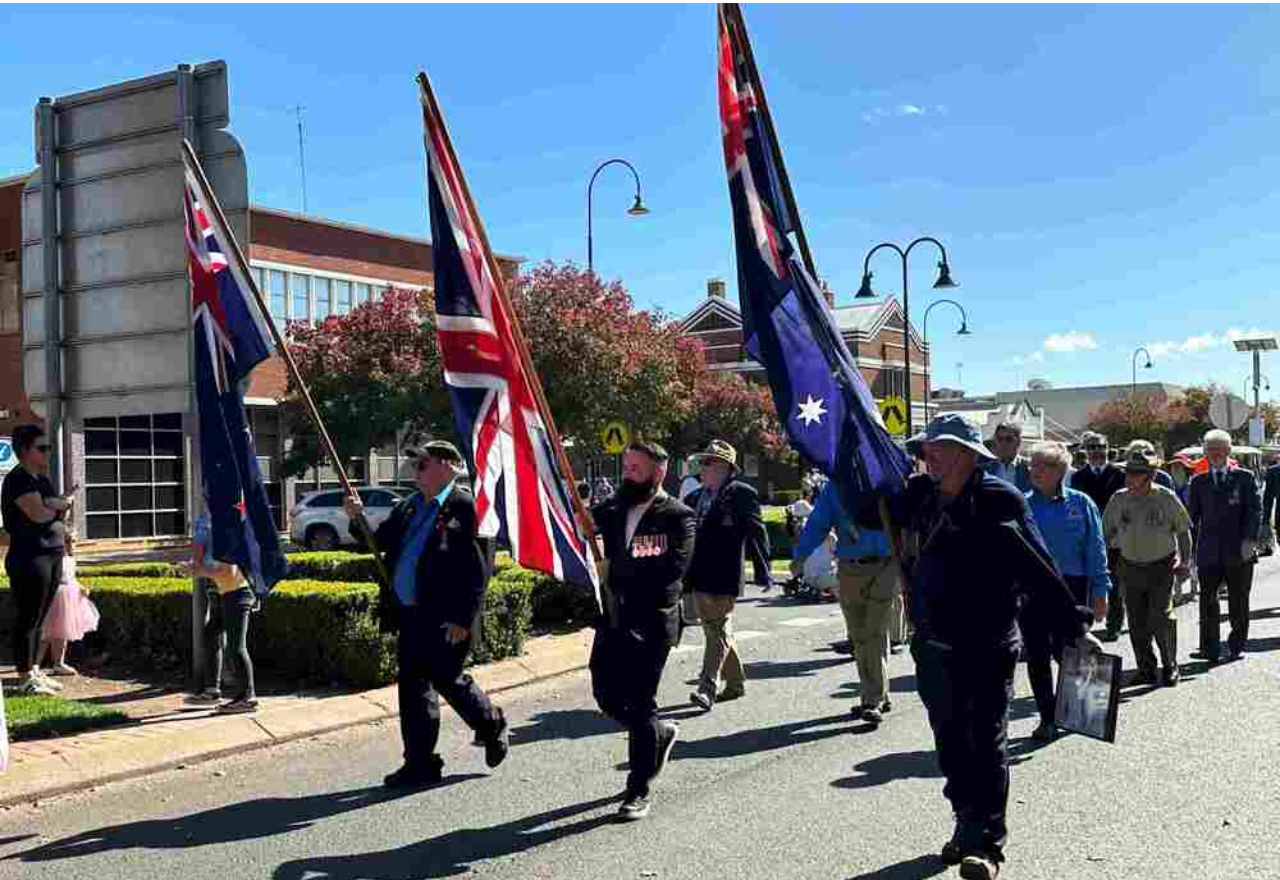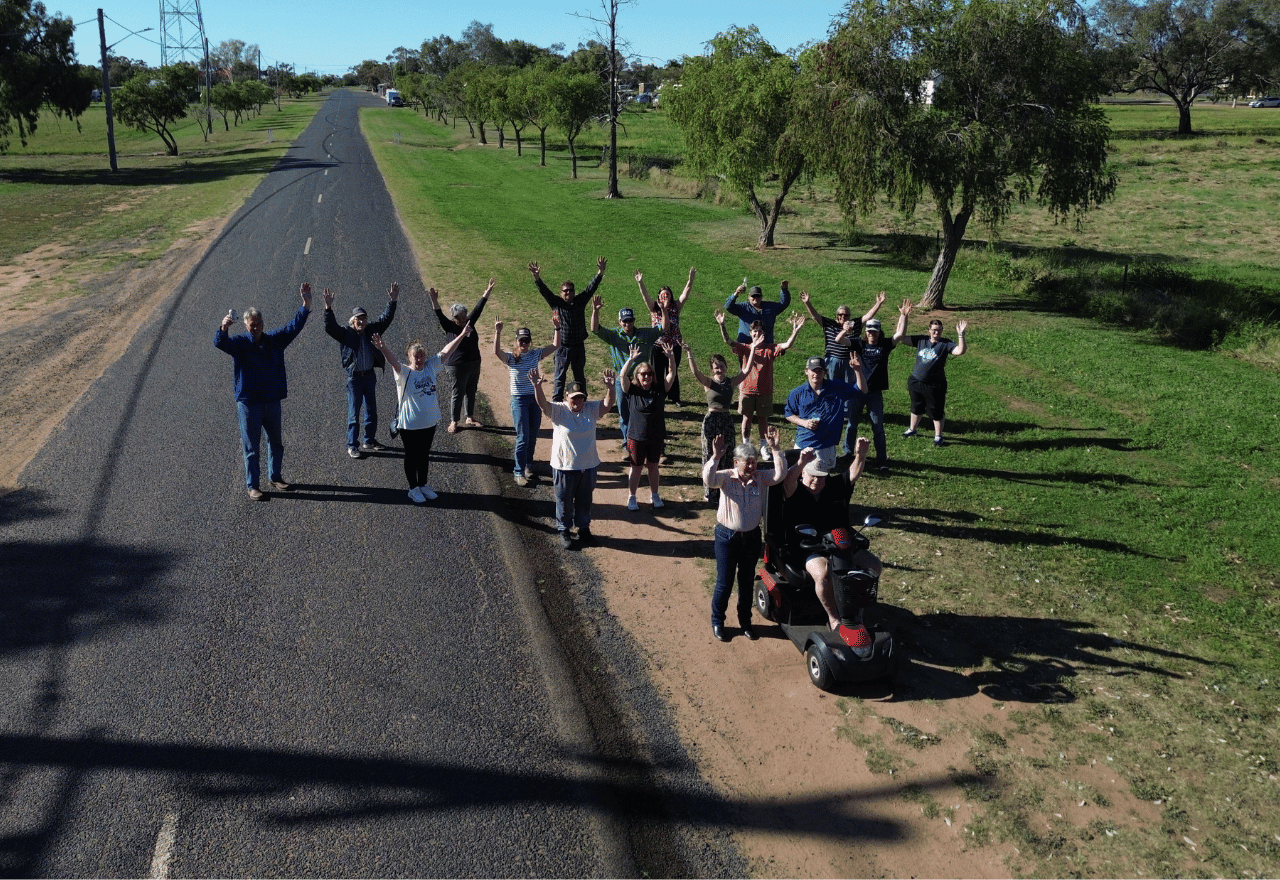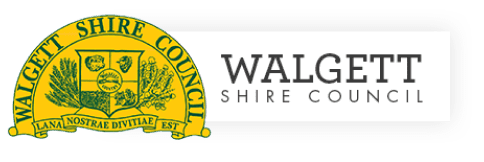Bush doctors recognised as specialists
River McCrossen
24 September 2025, 9:20 PM
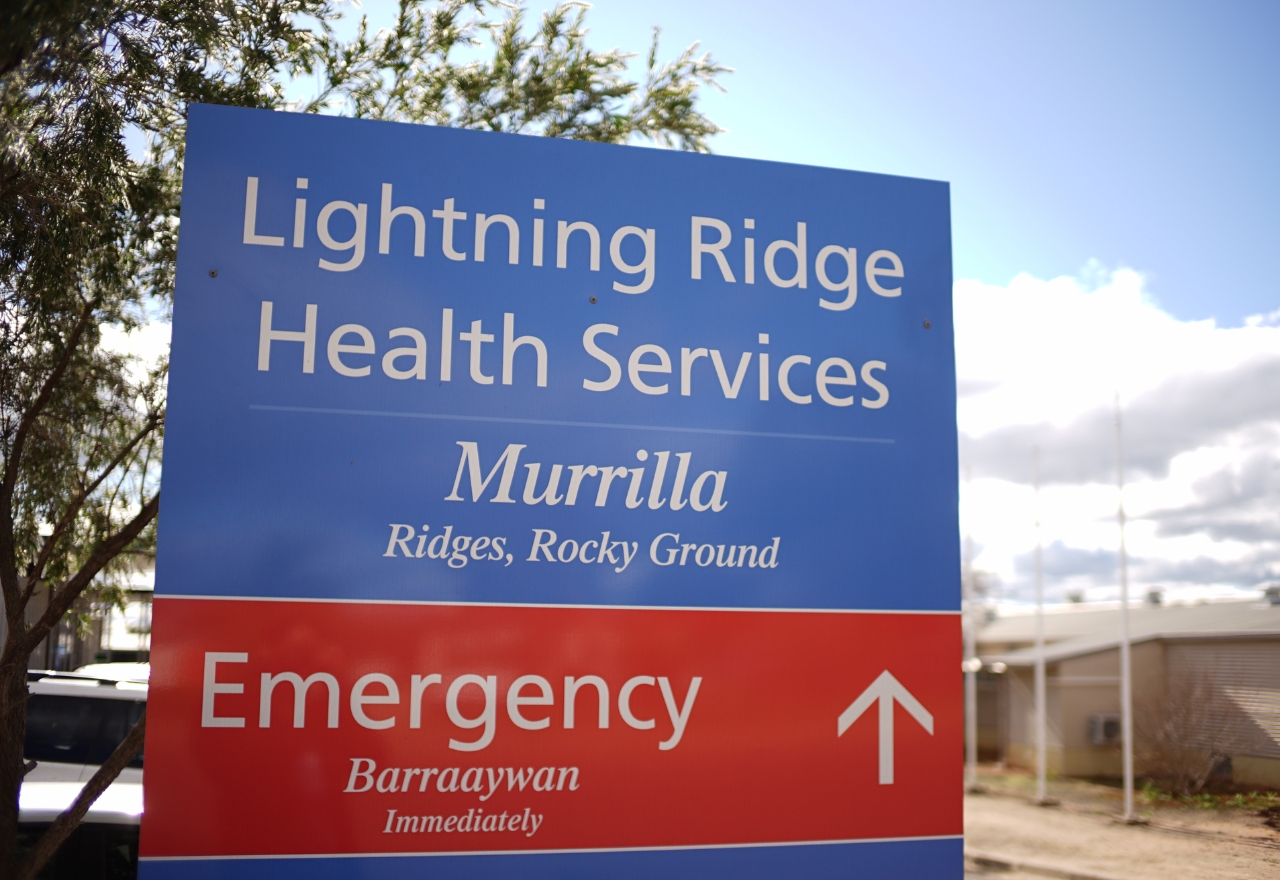 Rural generalists may train to work in places outside the clinic, including hospital. They are now formally recognised as specialist general practitioners. [IMAGE: River McCrossen]
Rural generalists may train to work in places outside the clinic, including hospital. They are now formally recognised as specialist general practitioners. [IMAGE: River McCrossen] Western areas could have a new drawcard for doctors after the Australian health ministers formally recognised Rural Generalists (RG) as a specialty within general practice this month.
RGs have a broad range of medical skills, including emergency and hospital care, which allows them to better work in rural areas where there are fewer resources.
Recognition doesn't necessarily change their work, although Ochre Health's Dr Merran Auland said it will make it easier to promote a medical career in the bush.
"It used to be 'rural GP? Why would I do that? Why would I work in Bourke when I can work in Balmain' (an affluent suburb in Sydney)," said Dr Auland, who is the organisation's medical director in western NSW.
"Whereas now what we're seeing is that we can advertise as rural generalists. It's being recognised that you have different skills and different responsibilities.
"We're definitely seeing junior doctors considering rural generalism as a specialty."
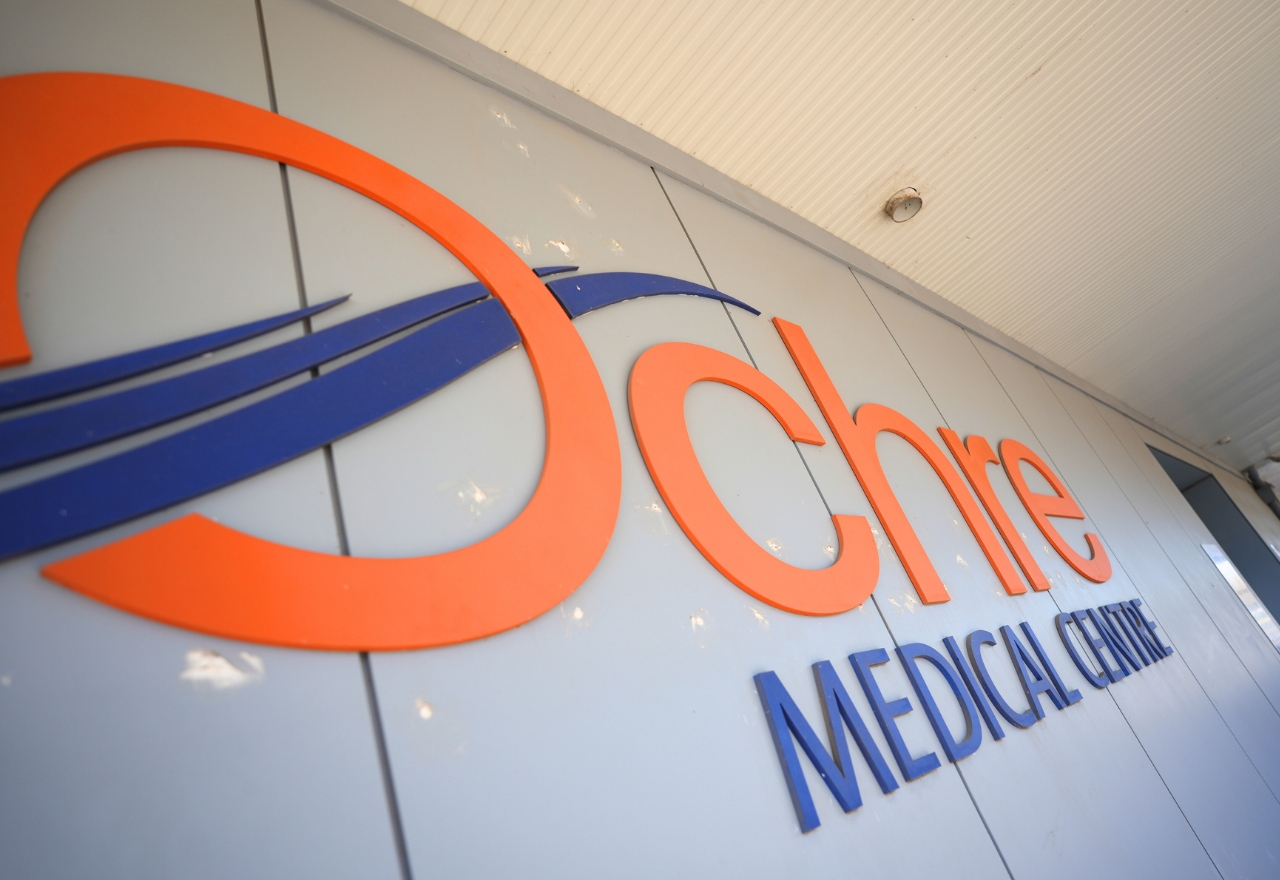
Ochre has clinics across a swaps of Western Plains towns, including Coonamble and Lightning Ridge. [IMAGE: River McCrossen]
Supporters also say the move establishes a national standard for the specialty and helps clinics and patients to better understand their doctors' abilities.
Ochre has clinics in towns like Walgett, Bourke, Brewarrina, Coonamble and Collarenebri, and Dr Auland said they want to provide opportunities for junior doctors to train in specialties like anaesthetics.
The Australian government announced the recognition on 21 September following a recommendation from the Medical Board of Australia.
A statement from federal health minister Mark Butler said that more than 1800 doctors have begun government-funded training to become a GP in 2025, with at least a quarter taking up rural generalism.
The announcement has been years in the making, with the Rural Generalist Recognition Taskforce established in the late 2010s to help get the ball rolling.
In 2020, the Australian government funded the Australian College of Rural and Remote Medicine (ACRRM) and the Royal Australian College of General Practitioners (RACGP) to apply for recognition to the Medical Board of Australia (MBA).
The board green lit the application in 2024 before state and federal health ministers endorsed it this year.
"It’s only fair that their profession is now distinctly recognised as a vital part of our healthcare system,” RACGP president Dr Michael Wright said.
“RGs are so highly valued by their communities, and we must keep pushing forward to make sure we have the right funding incentives in place that allow them to take on additional training and additional skills, including working in local hospitals, and much more."
